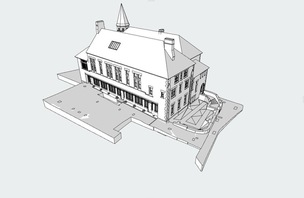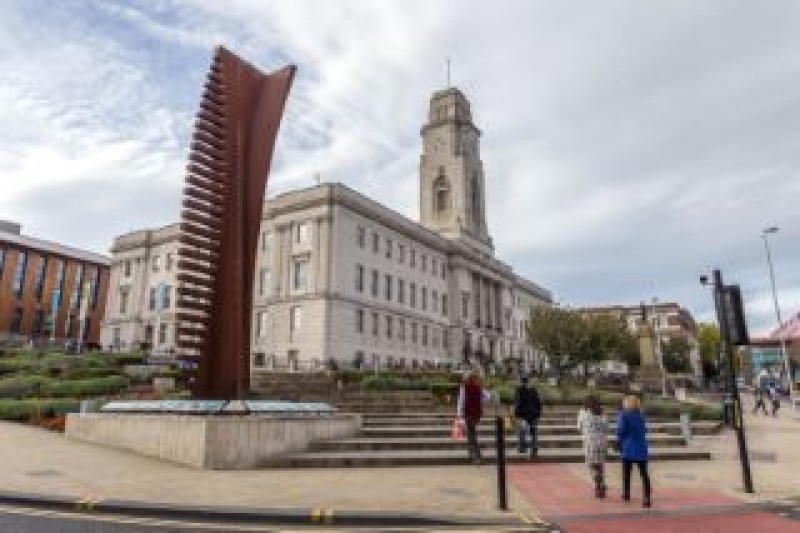BARNSLEY Council will spend around £6m over the next 12 months as it rolls out a strategy to replace its ageing fleet of vehicles with environmentally-friendly alternatives.
‘At least’ 25 per cent of the first raft of changes - consisting of 149 vehicles - will be ‘ultra low emissions vehicles’ (ULEVs), as a report outlining the changes was approved by cabinet members on Wednesday.
The initial replacement of its old petrol and diesel vehicles, along with the procurement of a further five, is expected to cost the council up to £5.785m.
The additional cost of changing 38 vehicles to ULEVs - vehicles that emit less than 75g of carbon dioxide per kilometre and which are capable of at least ten miles of driving with zero emissions - will be £250,000.
And at least 30 electric charging points will also be included, at a cost of £100,000, enabling the council to introduce more plug-in electric vehicles to its fleet.
The changes welcomed by the council’s ruling cabinet support the government’s ‘road to zero’ strategy, as Barnsley hopes to achieve a ‘zero carbon’ estate by 2040.
Coun Chris Lamb said: “This supports the ambitions we have for our town in terms of clean air and other environmental issues we will have in the future, and is a great priority we have in our council action plan.
“The new vehicles will have the latest safety technology installed and save us time and money. They will also help us to meet our aims of achieving improved air quality across the borough.”
The report states: “The council’s total fleet is made up of 433 vehicles and pieces of plant and equipment with a total capital value of approximately £14.3m and it is essential for frontline services to deliver both statutory and income generating services.
“Once a vehicle reaches the end of this lifespan there is an increase in maintenance cost and vehicle downtime.
“Therefore it is imperative that vehicles are replaced once they reach this point to ensure that excess downtime doesn’t adversely affect departments’ abilities to deliver their services and the council does not incur additional costs associated with maintenance on vehicles at the end of their lives.”




























